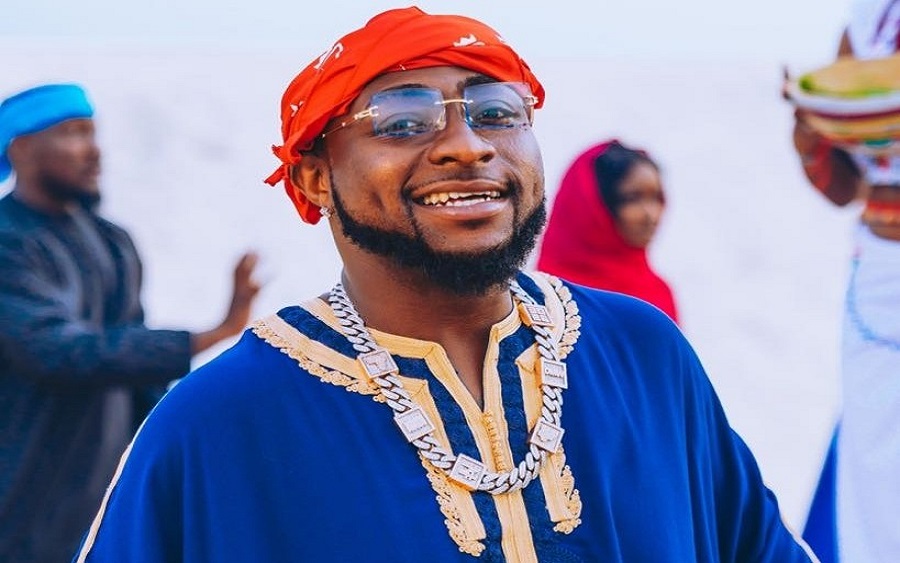The Nigerian music industry has come a long way, from the early times of Afrobeat patriarch, Fela Kuti, King Sunny Adé, Oliver De Coque, and William Onyeabor to the present-day stars like Wizkid, Davido, Burna Boy, Tiwa Savage, and Rema, it has continually evolved while consistently crossing the country’s borders into other parts of the world.
Nigeria’s music industry has been on a winning streak, for example, streaming giant Spotify revealed that revenues generated by Nigerian artists on its platform reached N11 billion ($14 million) in 2022. By 2023, that figure had surged to N25 billion, marking an over 100% year-on-year increase in streaming revenue.
Furthermore, the National Bureau of Statistics reported that motion pictures, sound recording, and music production constituted a significant portion of the arts and entertainment industry’s contribution to the country’s GDP. Specifically, these sectors represented 82.16%, equating to N1.62 trillion, of the N1.97 trillion generated by the arts and entertainment industry. At an exchange rate of N896 as of December 31, 2023 this equates to an industry worth of about $1.81 billion.
While these numbers may seem modest compared to more developed markets, the potential for exponential growth has drawn the attention of major international music conglomerates. These global players have made significant inroads into Nigeria’s music industry by partnering with local record labels and signing recording contracts with popular local artists.
This influx has significantly enhanced production values, benefiting consumers, but has also escalated production costs, challenging creatives. As a result, the role of effective record label management has become more critical than ever.
In the intricate ecosystem of the music industry, record labels and artists are indispensable partners who serve as incubators, supporting emerging artists by providing financial assistance for creation, distribution, and marketing.
As the industry moves towards contributing significantly to the entertainment sector’s projected $15 billion outlook by 2025, the influence of record label CEOs becomes increasingly pivotal. In no particular order here are 10 record label CEOs driving the Nigerian music industry forward by enabling talents and scouting diamonds in the rough.
Olamide Adedeji, popularly known as Olamide, is a multi-award-winning Nigerian rapper, singer-songwriter, and CEO of YBNL Nation. He began his music career with the hit single “Eni Duro” in 2010 and released his debut album, “Rapsodi,” in 2011, establishing himself as a major figure in the Nigerian music scene. Known for his innovative use of Yoruba in his lyrics, Olamide has been a pioneer of “street hop” music in Nigeria.
Olamide has received numerous accolades, including multiple wins at the Headies Awards, BET Awards, and MTV Africa Music Awards. In 2024, he earned a Grammy nomination for his feature in “Amapiano” by Asake. On February 19, 2020, YBNL Nation signed a distribution and publishing deal with Empire Distribution, further expanding their reach.
Under his leadership, YBNL Nation has been home to many successful artists. Current acts include Fireboy DML and Asake, while former acts have included Lil Kesh, Viktoh, Chinko Ekun, Adekunle Gold, Xino, Davolee, Lyta, Picazo Rhap, Pelepele (deceased), Limerick, Yomi Blaze, and Temmie Ovwasa.























